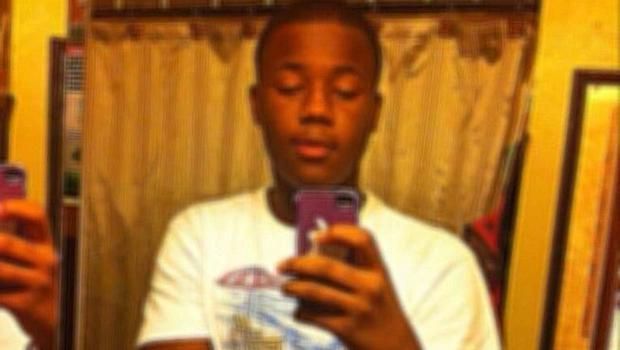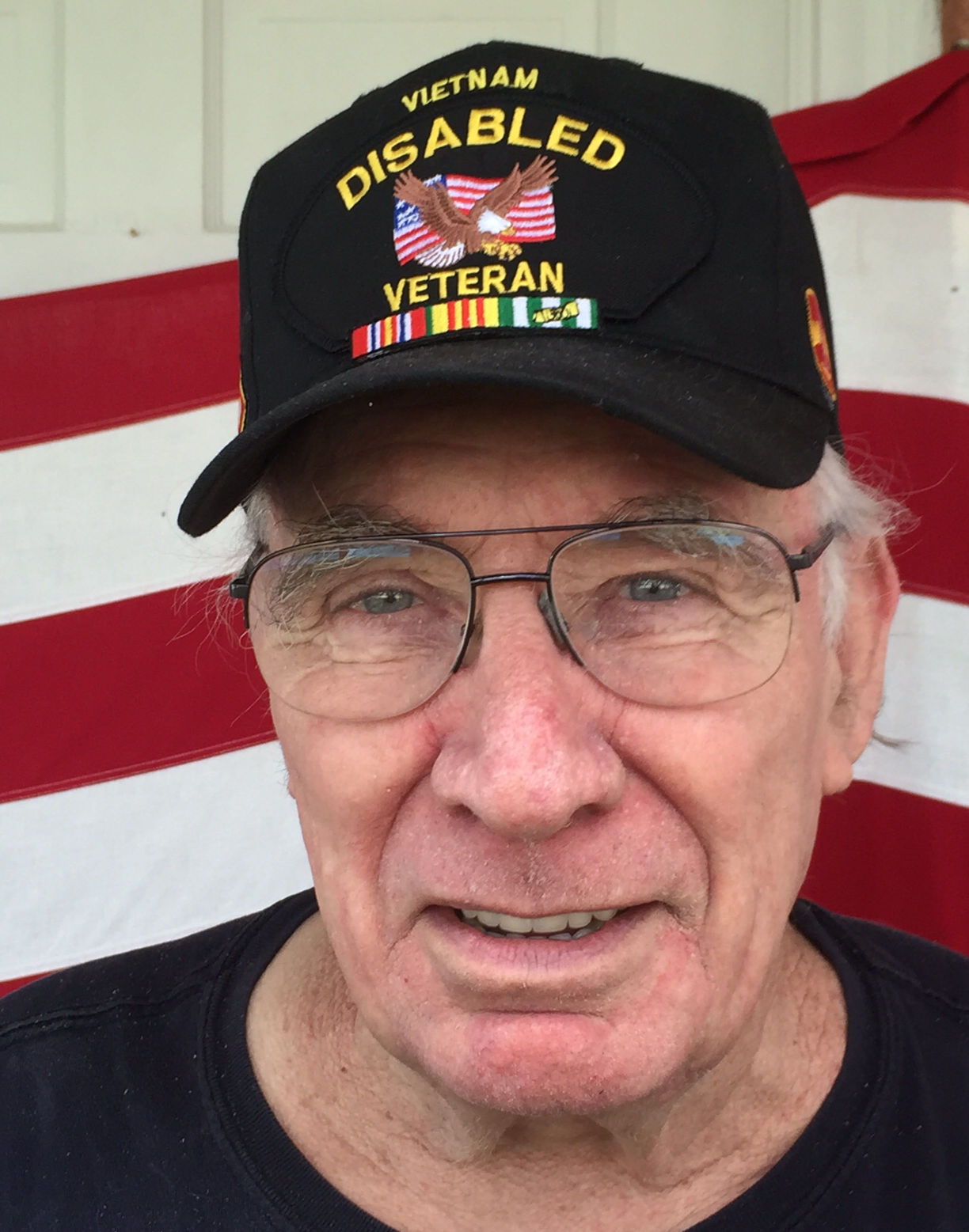Prep Roundup Week 2
September 16, 2015
Terrebonne sheriff and deputies sued over shooting of teen
September 22, 2015The wages of war are ever present, and while we don’t hear those who served complain much, more people than we might care to realize, living right beside us, have had their lives indelibly shaped by the nation’s forays into foreign lands.
Sometimes they are right next to us, and we don’t even know it.
Nelson Dantin is a good example of this.
Back in 1962 he was one more kid from Cut Off, a 17-year-old with an affinity for electronics, who took his aptitude and his knowledge with him after deciding to join the Army.
Now living in Houma, fixing to celebrate his 71st birthday, he is known by the nickname Smokey, which was earned after his service, from a mishap with a capacitor while working at Sears.
Smokey’s military career was short – three years in the uniform and then three years in the reserves – but it was memorable for several reasons.
He is one of the few veterans around who did his time but never did get to finish boot camp.
At the tail end of basic training Smokey and other soldiers waited on a C-130 as President John Kennedy and the Soviet Union’s Nikita Khrushchev faced off over missiles bound for Cuba.
“We still hadn’t finished training on the M-16 rifle,” Smokey recalls. “I was 17 and I was guessing I wouldn’t live to see 18. It was so hot on the plane. There were no windows you could open.”
The crisis ended and that plane didn’t go anywhere.
After a few stateside berths Smokey got to see the world, maintaining mobile elements of the strategic communications network called STARCOM. At the time a lot of the STARCOM operations were top secret.
Smokey ended up in Vietnam, then Thailand and Laos. So precious were these mobile setups that they were equipped with self-detonating grenades that would melt down the communications trailers if they were successfully attacked. That made for time in a lot of jungles that involved a lot of nail-biting.
“Thankfully it never came to that,” Smokey said of the self-destruct option.
Good things happened for Smokey as a civilian, not the least of which was his marriage to the former Bea Savoie, which occurred in 1974.
There were some tough times too. Among them were difficulties for Smokey with getting a job.
“People didn’t want to hire us,” he says. “Friends told me when you apply for a job don’t tell them you are a Vietnam veteran.”
This was a tough pill for Smokey to swallow. He was proud of the service he gave his country, and didn’t understand why people would blame him for policies that were beyond his control as a mere solder.
Getting work resulted in other problems, such as keeping it, and Smokey didn’t know then but does know now that the pathways jaggedly carved in the mind from the stress and strain of military service in time of war make things a lot tougher than they have to be.
But he gets by the best he can, maintaining a few rental houses he owns and helping neighbors whenever they need a hand. He has helped out at Houma’s Regional Military Museum, though his health hasn’t been so great so there hasn’t been much of that lately.
Whatever you might see Smokey doing, he is likely wearing the cap that identifies him as a US Army veteran, not because he thinks he is special, but because he thinks all veterans are special. For all the people who told him that is a bad thing, the cap speaks in silent testament.
The Veterans Administration has been a help to Smokey. Now that he is older there are health issues, and there are still the lingering problems from the time in the jungles.
He worries about other soldiers, the ones who served recently in places like Iraq and Afghanistan. It is his hope that they will do what he has done, and open up to someone at the Veterans Administration about problems they may have, to keep themselves and their friends and families from a world of confusion and hurt.
There is still disappointment for Smokey, from the time President Jimmy Carter forgave all those who neither volunteered nor allowed themselves to be drafted.
“People who burned their draft cards are still reaping the nation’s benefits,” he says.
Time in the service, Smokey says, didn’t give him a whole lot of good things.
But among those it bestowed on him was pride in the work he did on behalf of a not-always grateful nation.
And in that regard, he maintains, the cap says it all.









